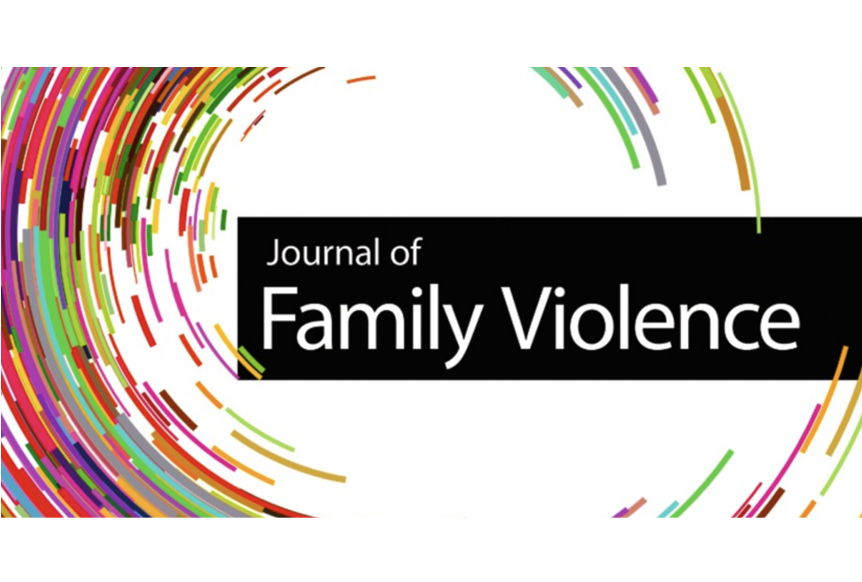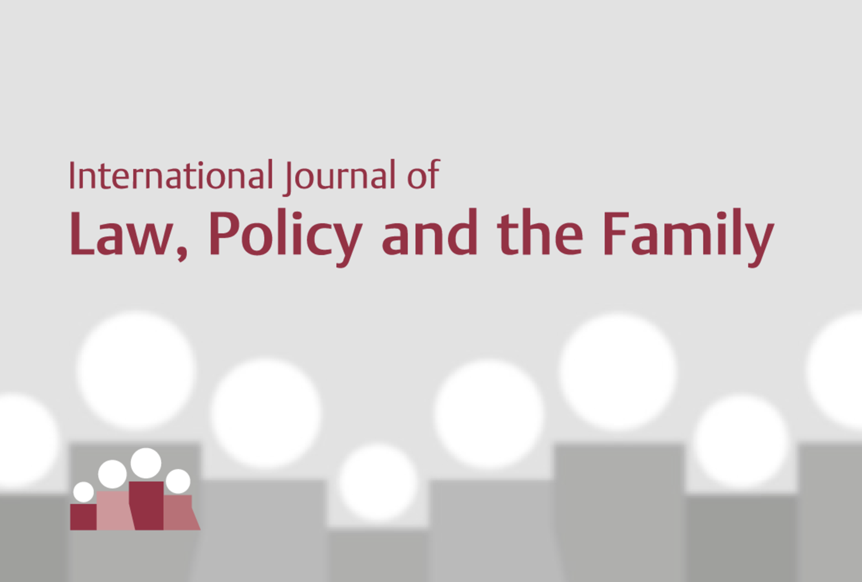Coercive Control in the Courtroom: the Legal Abuse Scale (LAS) 19 May 2022
This study sought to create a measure of legal abuse to show how IPV survivors may encounter their partners’ misuse of court processes to further enact coercive control.

This study sought to create a measure of legal abuse to show how IPV survivors may encounter their partners’ misuse of court processes to further enact coercive control.

An overview of the international normative framework in relation to the protection of children from violence. It focuses on issues related to custody rights.
Published by WAVE: Women against Violence Europe Network

An article for the New York Law Journal which argues that ‘ameliorative measures’ do not protect children facing ‘grave risk of harm’ upon return to home country under the Hague Convention and consideration of such measures should be eliminated by the U.S. Supreme Court.


A study of family court-enabled abuse in Spain and the presentation of a new ‘Legal Harassment Scale’ to detect and measure this form of violence.
Miguel Clemente et al: Frontiers in Psychology.

The story of how American actress Kelly Rutherford’s US-born children were sent to live with their German father, and her failed attempt to bring them home. Also mentions Sarah Kurtz whose children (one of whom was born in the US and was still breastfeeding) were sent to live in Sweden.
Vanity Fair, 8 October 2015. Image from article, Photograph by Claiborne Swanson Frank.
The author argues that childrens’ agency and the bilateral nature of the parent-child / mother-child relationship needs to be acknowledged, specifically in a domestic violence situation.
Emma Katz in Children & Society, vol 29 (no 1)

Discusses the gendered impact of the Hague Convention & its trivialisation of domestic violence.